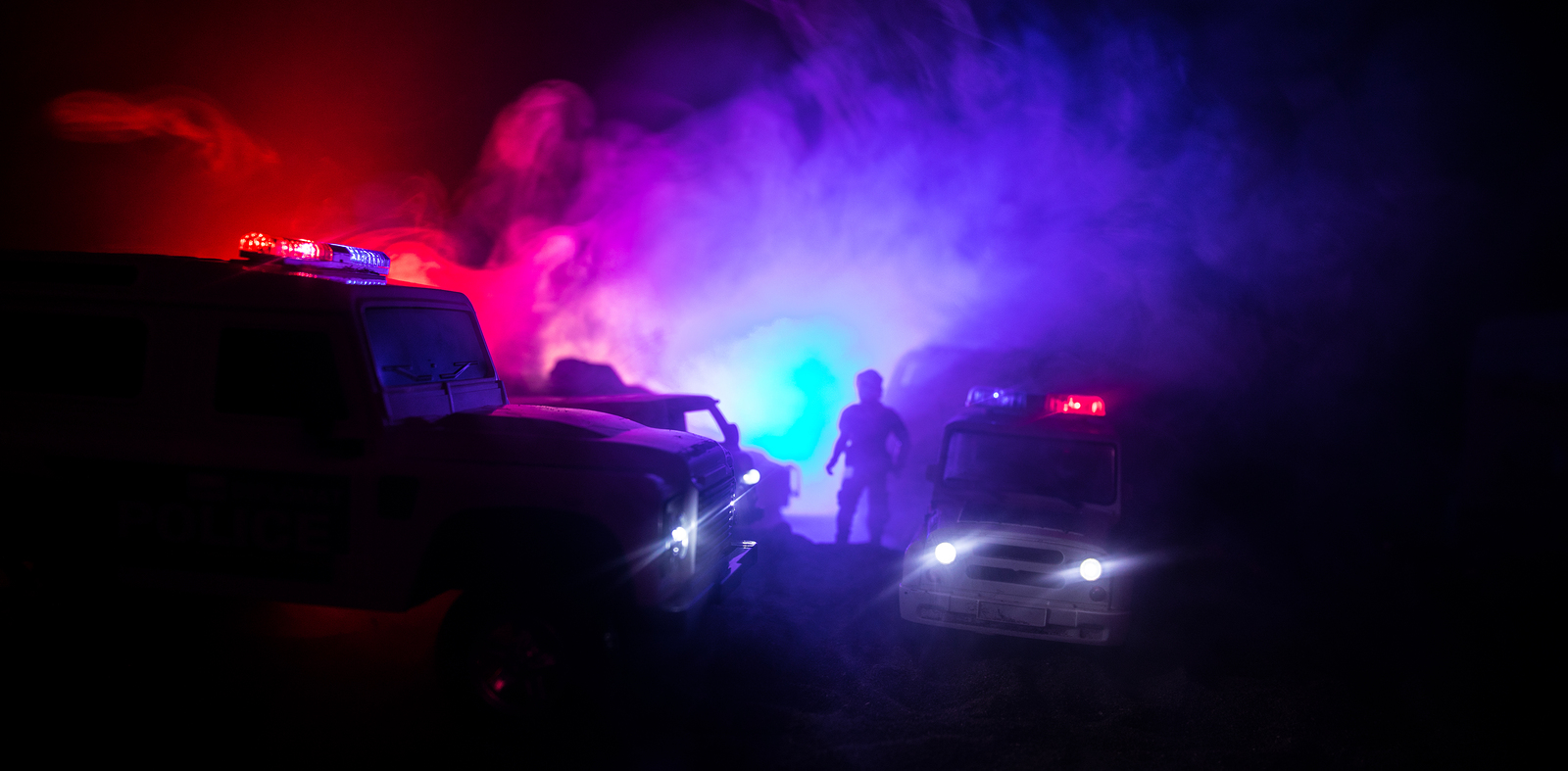Police officers in Lexington and other parts of Kentucky can now be sued for any third-party injuries and deaths resulting from vehicle chases. The Supreme Court of Kentucky has overturned its 1952 decision granting blanket immunity to police after hot pursuit-related car crashes. The Supreme Court of Kentucky rendered the historic decision in June 2019, but a final version of the new dissenting opinion was not released until September 26. According to the Courier-Journal, police chases led to at least 416 deaths in 2017, which marked a whopping 22% increase from 2013. In Kentucky alone, 20 people died in a total of 19 police chases across the state between 2013 and 2017.
Fact: Between 1979 and 2017, at least 13,000 people died in police chases across the U.S., of whom more than 20% (2,700) were innocent bystanders. Find out what to do if you were injured as a pedestrian in Kentucky.
Before the 2019 ruling, injured victims and surviving family members of those who died in police chases in Kentucky could not sue police officers to seek compensation for their damages and losses. If you suffered injuries in a police chase in Lexington or elsewhere in Kentucky, do not hesitate to contact a Lexington car accident lawyer from Roberts Law Office to recover damages.
The Supreme Court’s Ruling to Scrap Immunity for Police Officers
The historic ruling came after a deadly police chase in 2014 that killed Luis J. Gonzalez II. The estate for Gonzalez filed a wrongful death lawsuit against Sheriff Tony Hampton and Deputy Sheriff Jeremy Johnson of Scott County to seek justice. The police chase that killed Gonzalez started with an undercover drug operation in January 2014. An undercover cop was meant to buy heroin from a suspect while Johnson stayed in a hiding place to check the suspect’s license plate and identify him, according to Lexington Herald-Leader. After the exchange, the deputy witnessed the suspect run a red light and, without authorization, began to pursue him. During the high-speed police chase, the suspect crashed into Gonzalez’s vehicle. Johnson’s car was not involved in the collision. Deputy Johnson and sheriff Hampton were granted summary judgment based on Chambers v. Ideal Pure Milk Co., a 1952 Supreme Court decision granting blanket immunity to police officers in hot pursuits that lead to injury or death of third parties. However, the decision was overruled by the Supreme Court in June 2019, which made it possible for victims to sue Kentucky police officers for third-party personal injuries and wrongful deaths stemming from police chases.
How to Sue Pursuing Police Officers for Third-Party Damages?
In its ruling, the Supreme Court said that third-party victims can now hold police officers liable for the damages inflicted by a fleeing suspect during a hot pursuit. To do so, juries will have to determine whether a pursuing police officer’s actions were “a substantial factor” in causing injury or damages to third parties. The Supreme Court also said it recognized the importance of overruling the 1952 decisions since Kentucky law has been subject to many changes in the past nearly seven decades. As a result of the ruling, juries can assess the factual allegations and circumstances to apportion fault and hold police officers responsible for third-party injuries and deaths caused by police chases.
Speak with a Lexington car accident lawyer from Roberts Law Office if you were harmed in a police chase. Call at (859) 231-0202 or complete this form to get a free consultation.

